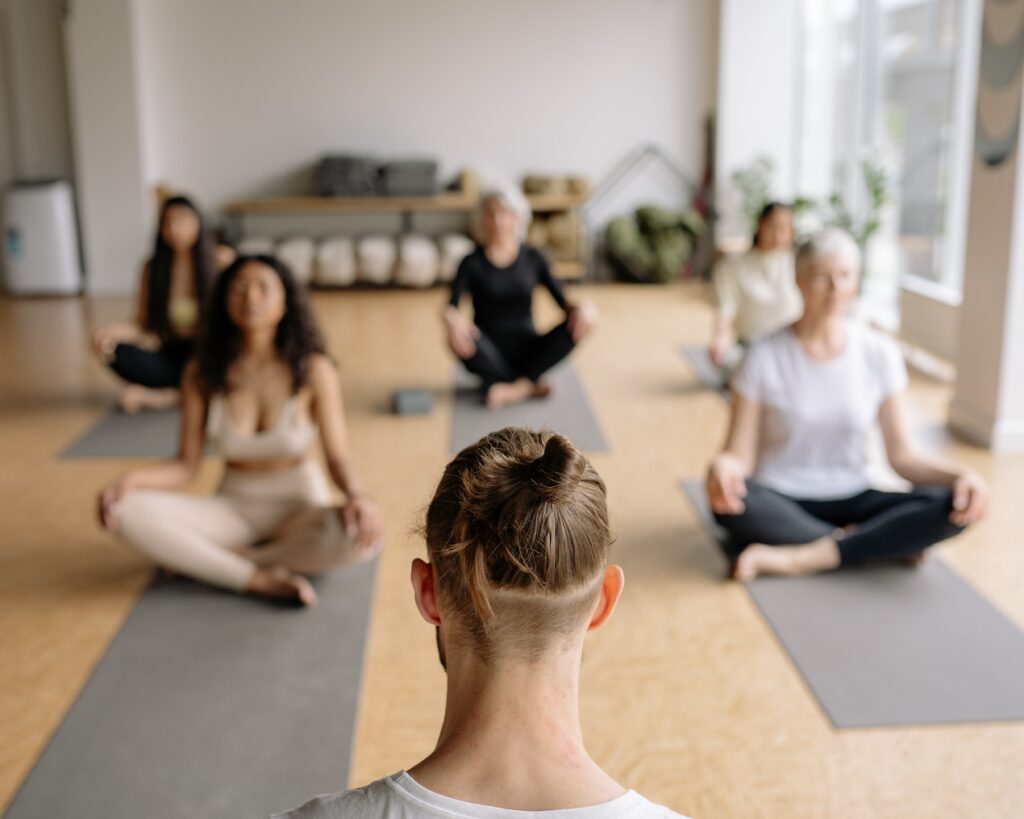Meditation is a mind-body practice that has been around for centuries. It involves focusing your attention on the present moment, without judgment. There are many different types of meditation, but they all share the same goal of training your mind to be more calm, focused, and aware.
Meditation has been shown to have a number of benefits for both physical and mental health.
Some of the most well-known benefits include:
- Reduced stress and anxiety: Meditation can help to calm the mind and body, which can lead to a reduction in stress and anxiety levels.
- Improved focus and concentration: Meditation can help train your mind to focus on one thing at a time, which leads to improved focus and concentration.
- Increased self-awareness: Meditation can help you to become more aware of your thoughts, feelings, and bodily sensations. This can lead to a greater sense of self-awareness and self-understanding.
- Improved sleep: Meditation can help to promote relaxation and sleep.
- Reduced pain: Meditation can help to reduce pain by activating the body’s natural pain-relieving mechanisms.
- Improved mood: Meditation can help to improve mood and reduce symptoms of depression and anxiety.
- Also Increased compassion: Meditation can help you to develop a greater understanding of yourself and others.
If you’re interested in trying meditation, there are a few things you can do to get started:
- Find a quiet place where you won’t be disturbed. You can sit in a chair, on the floor, or even in bed.
- Make sure you’re comfortable. You may want to use a cushion or pillow to support your back and neck.
- Close your eyes or gaze down at a fixed point.
- Pay attention to your breath. Notice the rise and fall of your chest and abdomen as you breathe in and out.
- If your mind wanders, gently bring your attention back to your breath. Don’t judge yourself for getting distracted. Just keep bringing your attention back to your breath.
- Lastly, Meditate for 5-10 minutes at first. As you get more comfortable, you can gradually increase your meditation time.

There are many different resources available to help you learn more about meditation. You can find books, websites, and even apps that can teach you the basics of meditation. You may also want to consider taking a meditation class or workshop.
Meditation is a simple practice that can have a profound impact on your life. If you’re looking for a way to reduce stress, improve your focus, and boost your overall well-being, meditation is a great place to start.
Here are some additional tips for getting started with meditation:
- Be patient. It takes time to develop a meditation practice. Don’t get discouraged if you don’t see results immediately.
- Find a meditation style that works for you. There are many different types of meditation, so experiment until you find one that you enjoy.
- Make meditation a part of your daily routine. The more you meditate, the more benefits you’ll experience.
- Finally, Don’t be afraid to ask for help. If you’re struggling to get started with meditation, there are many resources available to help you. You can talk to a therapist, join a meditation group, or find a meditation teacher.
Meditation is a powerful tool that can help you live a happier, healthier, and more fulfilling life. If you’re interested in learning more, I encourage you to give it a try.



Pingback: Mindfulness Benefits: How to Integrate it For Best Routine -
Pingback: Better Fat Loss – Unlocking the Power of Stress Management